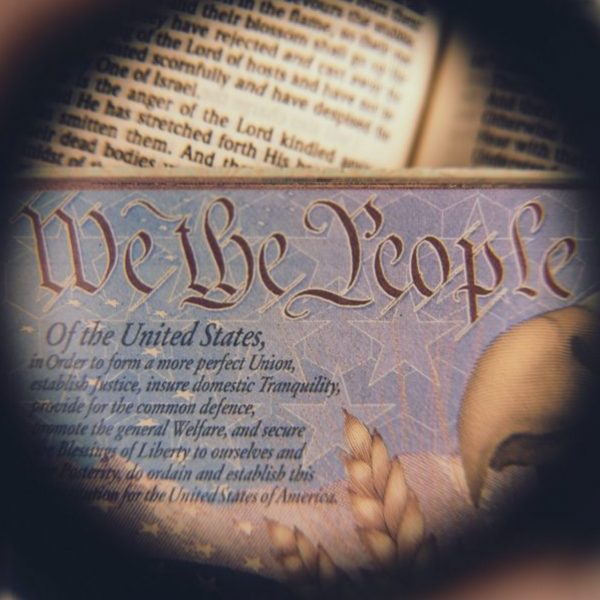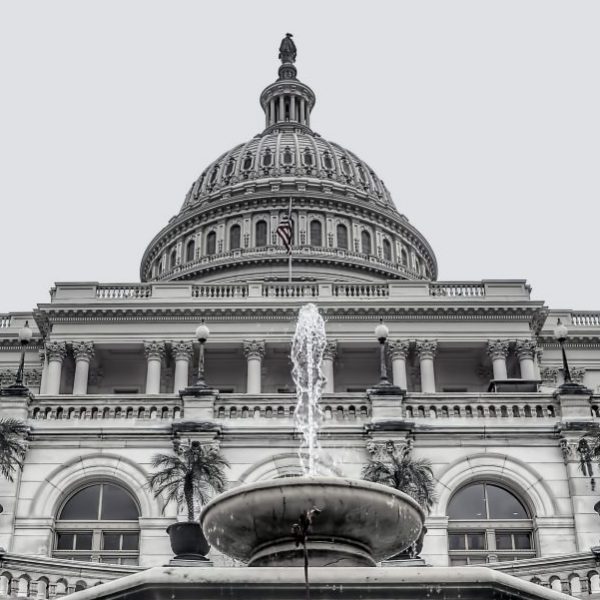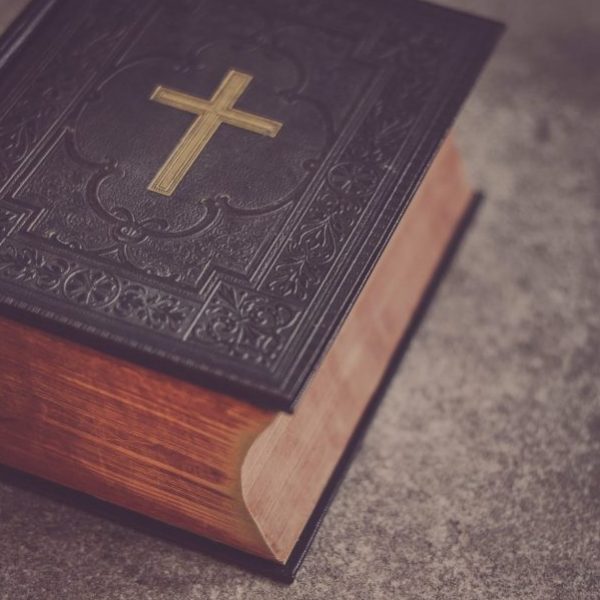The Religious Legacy of the Founding Fathers
The debates over religion and religious freedom are almost as American as flying the stars and stripes, fireworks on July 4th, and Friday night football games. In Endowed by Our Creator: The Birth of Religious Freedom in America, Michael I. Meyerson explores the debate between religious freedom and religious idealism, which has been a hot-button issue since the writing of the Declaration of Independence, In an election year the debate is once again at the forefront of American thought. Tracing American political beliefs back to the colonial beginnings in the 1600s, Meyerson attempts to find the connection between the personal and political beliefs of the founding fathers, and what it might mean today.
Meyerson notes that there is no decisive statement that can be made, no matter how hard any one religious group may try, about the original meaning of The Constitution. This complicated matter becomes even more problematic when one realizes that the framers were intentionally vague about the balance between religion, morals, and government. The vagueness has led to centuries of infighting over the correct way to interpret and incorporate religion into government.
 The saying goes if it’s not politics, it’s religion, but in the 2012 presidential campaign it has become about both politics and religion. From Mitt Romney’s Mormon background to Rick Perry’s call from God to run for president it begs the question: what happened to the separation of church and state? As Meyerson discovers in researching the founding fathers—Washington, Jefferson, Adams, Franklin, and Madison—the issue of religion and government have always been at odds. He notes that even at the beginning when the First Continental Congress wrote its Declaration of Resolve, a Baptist minister was intent on embarrassing the delegates from Massachusetts over the religious treatment of Baptist. As John Adams noted in his journal he felt “somewhat indignant… at seeing our State and her Delegates thus summoned before a self created Trybubal [tribunal].” This sentiment is often felt by modern politicians who feel that issues, often religious, have put them on trial with their peers.
The saying goes if it’s not politics, it’s religion, but in the 2012 presidential campaign it has become about both politics and religion. From Mitt Romney’s Mormon background to Rick Perry’s call from God to run for president it begs the question: what happened to the separation of church and state? As Meyerson discovers in researching the founding fathers—Washington, Jefferson, Adams, Franklin, and Madison—the issue of religion and government have always been at odds. He notes that even at the beginning when the First Continental Congress wrote its Declaration of Resolve, a Baptist minister was intent on embarrassing the delegates from Massachusetts over the religious treatment of Baptist. As John Adams noted in his journal he felt “somewhat indignant… at seeing our State and her Delegates thus summoned before a self created Trybubal [tribunal].” This sentiment is often felt by modern politicians who feel that issues, often religious, have put them on trial with their peers.
This is certainly the case with abortion laws in the current election. With a religious or moral belief that life begins at conception held by a majority of religious institutions (notably, the outspoken Catholic Church and many Protestant denominations) politicians must balance moral beliefs with legal precedent. While this issue is not something that most of the founders could have predicted in 1787 when The Constitution was written, it reflects many of the rhetorical issues Meyerson uncovered that the founding fathers faced. Most notably this would include who is eligible for the rights guaranteed under The Constitution. And while current politicians argue over when a fetus has rights, the founding fathers argued over which religious groups were to be offered voting rights in the new republic.
How does a debate over voting rights in a country that had just won its independence from Britain influence the separation of church and state in 2012? George Washington was one of the few presidents to refuse to openly state that he was a Christian while in office, but his calls for times of fasting and prayer clearly indicate that Washington did believe in a divine being. Just as Washington was clearly influenced by his religion, so too would today’s president be influenced. How a Mormon in the White House would change religious policies has yet to be determined. Would a woman change the balance between religion and politics? One thing is certain, no matter how the 2012 election results pan out the debate between the separation of church and state and religious freedom will not end in November.



